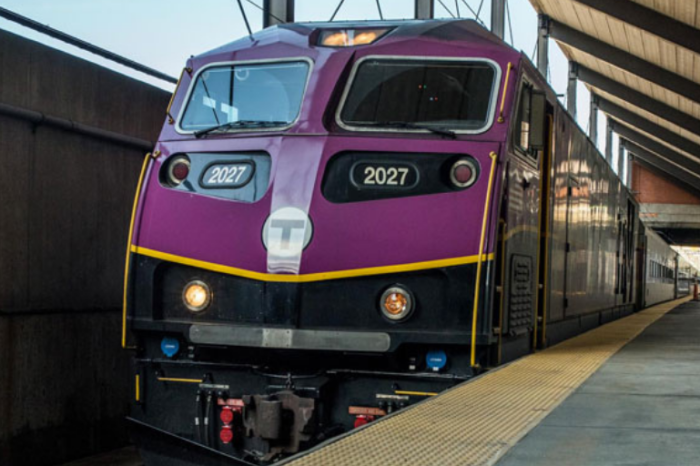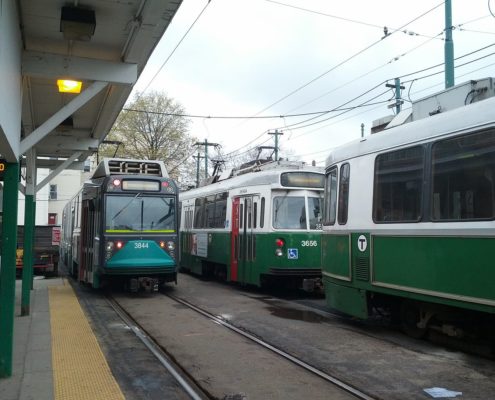Open Letter: Extend the Term of the MBTA’s Fiscal and Management Control Board
Dear Governor Baker, Speaker Mariano, President Spilka and Members of the Legislature,
We write to urge you to extend the term of the MBTA’s Fiscal and Management Control Board (FMCB), which is currently scheduled to sunset at the end of June. In addition, we believe the control board should continue to be made up of transit experts rather than political appointees, and recommend that an independent audit office be created that reports directly to the FMCB.
Pioneer Institute recommended creation of the FMCB when the MBTA collapsed amid record snowfall in 2015. At the time, the T was essentially bankrupt. With a focus on cost control, labor productivity and efficiency, the control board guided the MBTA to a balanced budget within three years of its formation in July of 2015. In its 2019 report, the Safety Review Panel headed by former U.S. Transportation Secretary Ray LaHood pointed to strides made in budget planning, attracting top talent to leadership positions and improving capital project delivery.
The FMCB initially benefitted from leverage created by a three-year exemption from the Commonwealth’s anti-privatization law, which provided an incentive for labor and management to work together. When internal solutions couldn’t be found, it allowed the MBTA to access public-private partnerships, such as those that produced dramatic savings and substantial service improvements in T cash counting and warehousing and logistics operations.
Focus on expertise
As important as an ongoing exemption from the so-called Pacheco Law would be, we recognize that it is unlikely. Today, the MBTA’s most pressing challenges are around management shortcomings, and we believe it is critical that the FMCB continue to be made up of individuals with expertise in areas where the T has in the past demonstrated weakness. We believe board-level expertise is particularly important in the following areas:
- Talent recruitment and retention
- Capital delivery
- System maintenance
- Operations
- Procurement and contracting
- Project management
- Performance measurement and auditing
- Transportation technology
This specialized expertise doesn’t mean the FMCB should supplant the role of managers. Instead, it must be able to ask the right questions, leverage audits, and use data to drive reform and improve management practices.
The importance of asking the right questions was clear at the 2019 FMCB meeting at which MBTA officials attempted to explain why the timetable for implementation of a new fare collection system had been extended by two years and the projected cost had spiked. The control board immediately recognized that T officials lacked answers to basic question and identified the need to recruit better management talent.
Independent audit function
Creation of an independent audit function reporting directly to the FMCB would give the control board power to speed improvements to the MBTA’s management structure and explore issues that require further examination. By tasking the audit office with examining the issues bulleted above, the FMCB could create a roadmap for reform.
The report of the Safety Review Panel highlights the benefits of an independent audit function. The panel’s no-holds-barred report included 34 recommendations and suggested 61 corrective actions. Compare that to a management-commissioned audit from around the same time in New York. It found that “no modifications” were needed to the Metropolitan Transit Authority’s capital program – which consistently leaves half its budget unspent.
In summary, we believe extending the life of the MBTA’s Fiscal and Management Control Board is the best way to continue the progress that has already been made under its stewardship. We further recommend that the control board continue to be made up of transit experts, in this case with a particular focus on addressing T management deficiencies. Finally, the creation of an independent audit office that reports directly to the FMCB would be an effective way to drive reform.
Thank you for your attention to this important issue. I would be happy to discuss our recommendations or answer any questions.
Sincerely,
Jim Stergios
Executive Director
Pioneer Institute
Get Updates on Our Transportation Research
Related Research












